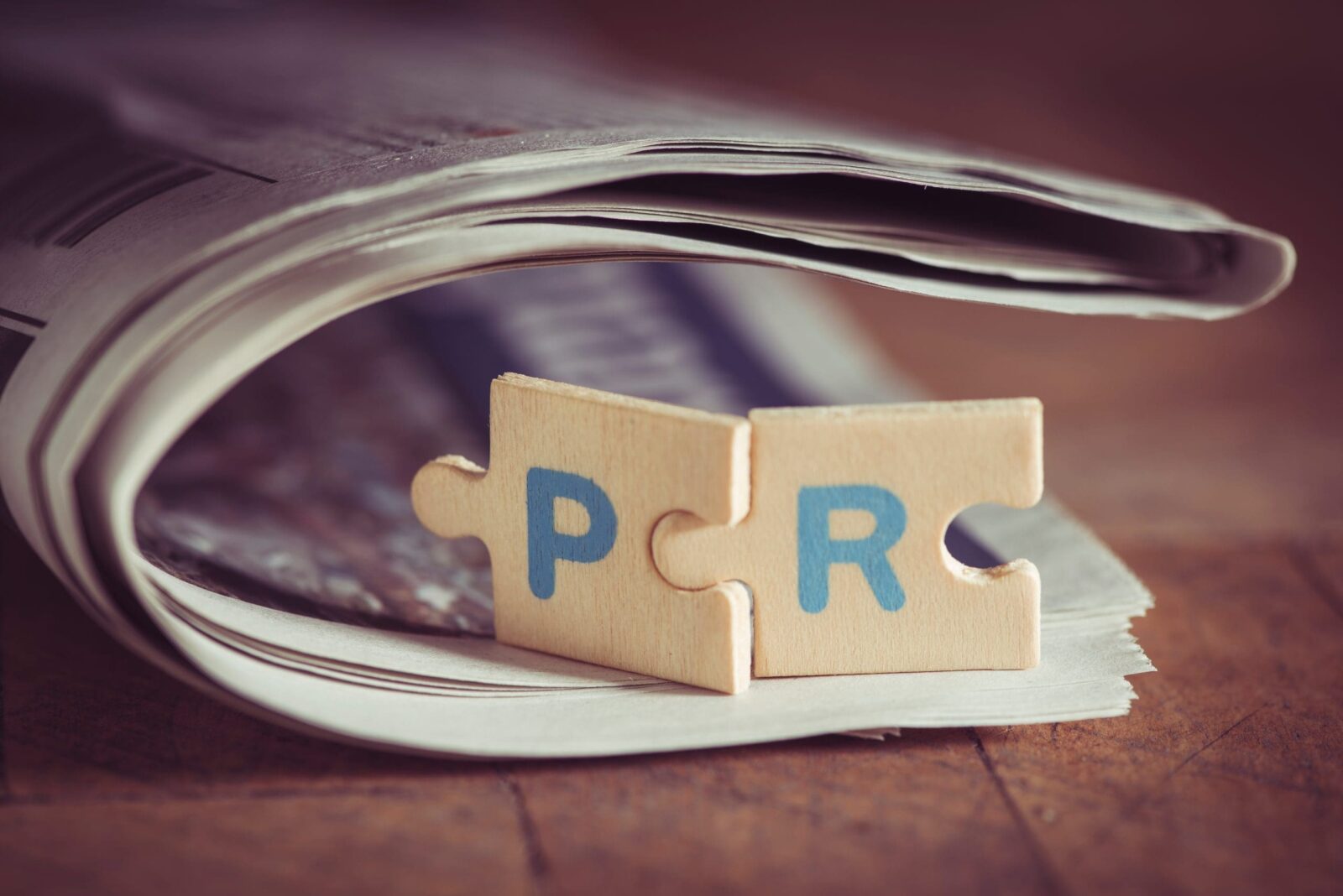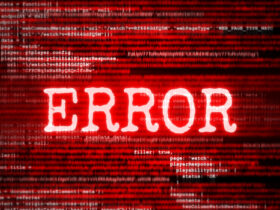In the fast-moving field of public relations, grasping the subtleties of propaganda is crucial for PR professionals who want to create positive associations and shape public perception through effective communication and storytelling.
What is Propaganda in Public Relations?
Public relations propaganda uses strategic information to influence opinions and shape perceptions through carefully crafted messages. Understanding the target audience is crucial in crafting these messages to ensure they resonate and drive action among specific groups. This includes storytelling, media relations, audience engagement, and various media methods to build a compelling narrative that can boost a brand’s reputation or influence political campaigns.
As the PR industry evolves, PR professionals must understand propaganda’s role and uphold ethical standards and transparency in their communications.
The History of Propaganda in Public Relations
The history of propaganda in public relations began with pioneers like Edward Bernays and Ivy Lee, who used it to shape public perception and behavior after the World Wars. Political propaganda, for instance, was notably used during World War II to influence public opinion and rally support for the war effort. This evolution shows how PR adapted from traditional media to digital platforms, incorporating social media and content marketing to engage audiences and manage brand reputations.
The rise of digital media has transformed propaganda, shifting from print and broadcast to interactive strategies that leverage social media, viral content, and influencer partnerships. While this offers new opportunities for authentic engagement, it also challenges maintaining transparency and credibility amidst rapid misinformation. PR professionals must navigate this complex landscape with ethical practices and innovative communication strategies.
The Role of Propaganda in Public Relations
Influencing mass perception plays a crucial role in public relations by shaping public opinion, shaping perceptions, and managing brand reputation through targeted storytelling, media relations, and events. PR professionals use these techniques to create compelling narratives that engage audiences and promote positive publicity while addressing misinformation and upholding ethical standards.
Understanding the impact of propaganda is critical for PR practitioners to maintain credibility and build positive relationships with their audience.
How Does Propaganda Influence Public Opinion in Influencing Public Opinion?
Propaganda influences public opinion by using emotional appeals and persuasive messaging to shape perceptions of brands, individuals, or political campaigns through carefully crafted narratives.
PR specialists create messages that inform and persuade by leveraging audience influence and public outreach. Like those used in historical posters, emotional appeals forge strong connections with the audience.
However, these strategies have ethical challenges, as misleading information can undermine trust. PR professionals must balance persuasion with integrity, ensuring truthful narratives and upholding ethical standards.
How Can Propaganda Be Used in PR Campaigns?
Propaganda can be a powerful tool in PR. Public relations professionals play a crucial role in using propaganda to influence public opinion while navigating ethical standards. It involves crafting positive stories and press releases highlighting brand achievements, community involvement, or special events to build a favorable public image. PR professionals should use market research to understand their audience and tailor their messaging.
In a competitive environment, grasping audience sentiment and leveraging emotional appeal is crucial for compelling storytelling. Special events facilitate direct engagement, creating personal connections and memorable experiences. Media outreach to journalists and influencers and well-crafted press releases can enhance visibility.
However, it’s important to carefully navigate the line between persuasion and manipulation to maintain trust and authenticity, especially in crises.
The Ethics of Propaganda in Public Relations
The ethics of propaganda in public relations are crucial, as misinformation and manipulation can undermine the credibility of PR efforts. Critical thinking is essential in recognizing and resisting unethical propaganda, as it empowers individuals to analyze information sources and evaluate arguments critically. PR practitioners must balance persuasion with honesty, ensuring their messages are truthful and reflect the values of the brands or organizations they represent.
Transparency and accountability are key to maintaining trust and fostering positive relationships with the audience. Understanding these ethical implications is essential for upholding credibility and building lasting confidence in the PR industry.
Is Propaganda Ethical in PR?
The ethicality of propaganda in PR is a debated issue. Propaganda aims to shape perceptions and influence public opinion through biased messaging and emotional manipulation. It involves balancing promoting a positive brand image with potentially using manipulative tactics that raise concerns about transparency and credibility.
Reputation management is central to this debate, as propaganda can significantly shape public perception and influence consumer behavior through strategic news creation and promotion. While some argue that propaganda can be ethical if it focuses on truthful messaging and genuine audience engagement, others believe it inherently involves deception that undermines trust. Evaluating these ethical implications is essential for PR professionals committed to maintaining integrity.
Perspectives vary widely, with some seeing propaganda as a tool for promoting positive narratives and others cautioning against the risk of manipulation. The line between ethical and unethical practices can be unclear, requiring careful navigation by PR practitioners.
What Are the Potential Consequences of Using Propaganda in PR?
Propaganda in public relations can have serious consequences, including increased audience mistrust and significant damage to brand reputation if misinformation is uncovered. Fake news plays a crucial role in shaping public perception by spreading misinformation and blurring the lines between fact and manipulation. While propaganda might initially promote positive narratives, deceptive practices can lead to long-term credibility loss and alienation from audiences. PR professionals must be aware of these risks and navigate them carefully to maintain sustainable public relationships.
Historical examples illustrate the dangers of manipulative tactics. For instance, a major beverage brand faced severe backlash and a sales drop after misleading health claims were exposed. Similarly, the Princeton Review faced criticism and credibility loss due to controversial ranking methods. To avoid such pitfalls, PR teams should prioritize ethical communication by ensuring truthfulness, encouraging open dialogue, regularly auditing messaging, and providing ethics training. In today’s digital landscape, transparency and authenticity are crucial for building and maintaining trust.
Examples of Propaganda in Public Relations
Throughout history, propaganda in public relations has significantly influenced public perception, whether in political campaigns or corporate branding. Mass media plays a crucial role in disseminating propaganda and shaping public opinion by targeting specific audiences with biased messages. Notable figures like Edward Bernays and Ivy Lee have demonstrated the power and potential pitfalls of using propaganda, shaping practices that continue to impact the field today.
Recent examples highlight how modern PR campaigns leverage digital tactics, such as social media promotions and emotional storytelling, to engage audiences. Brands use viral content, influencer partnerships, and interactive strategies to build community and trust. However, these tactics can raise ethical concerns about transparency. Understanding these evolving practices helps PR professionals balance effective communication and maintaining authenticity.
How to Spot Propaganda in PR
Spotting propaganda in public relations involves recognizing red flags that may indicate misinformation or manipulation. Fake news propaganda often employs techniques such as manipulated statistics, fake testimonials, and the distortion of facts to create a false sense of consensus. Key indicators include exaggerated emotional appeals, one-sided narratives without credible sources, and overly simplistic messages.
To protect themselves, audiences should cross-reference information with reputable sources, examine the motives behind the communication, and look for counterarguments or differing perspectives. PR professionals can avoid propaganda by adhering to ethical practices, such as ensuring transparency, providing accurate information, and fostering genuine audience engagement.
Best practices include regularly updating audiences, citing sources in press releases, and encouraging feedback through surveys and interactive sessions. These approaches help build trust, maintain integrity, and enhance the effectiveness of PR efforts.
Conclusion: The Importance of Transparency and Authenticity in PR
Transparency and authenticity are crucial in public relations, forming the foundation for ethical communication and effective audience engagement. Understanding how these principles shape social and political philosophy is essential, as propaganda in public relations can significantly influence public opinion and behavior, leading to broader consequences in these spheres. In today’s information-rich environment, trustworthy messaging is necessary, not just a preference. PR professionals must embrace these values, drawing inspiration from pioneers like Edward Bernays and Ivy Lee.
With the rise of social media, audiences expect genuine interactions over polished statements, making digital PR vital. PR campaigns should reflect valid brand values to build lasting stakeholder relationships and achieve sustainable success.
As reputable sources like the New York Times highlight, committing to ethical practices enhances communication strategies and positively impacts society. Maintaining transparency and authenticity is essential for long-term success in an era of rapid misinformation.















